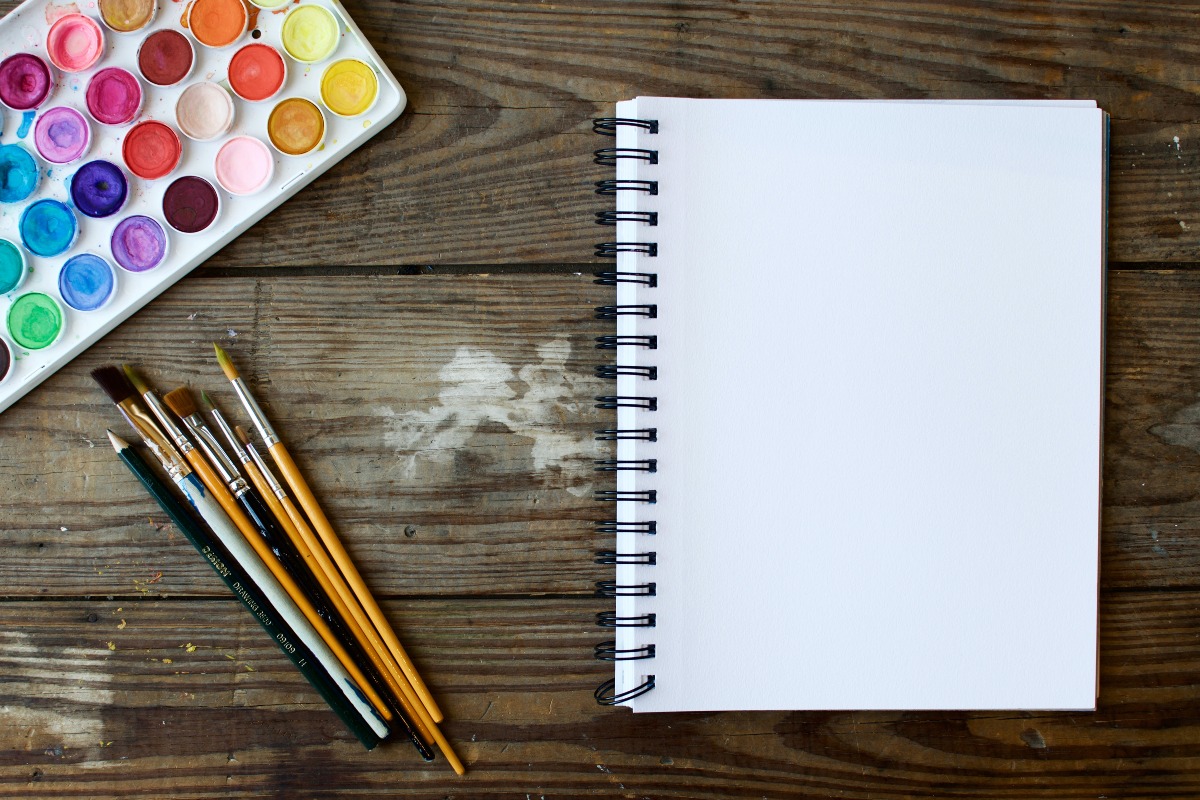
Art therapy helps clients with substance use disorder (SUD) express their emotions in a non-verbal way. Expressing those emotions frequently results in higher self-esteem and reduced stress. Art therapy can also improve symptoms related to generalized anxiety disorder (GAD) and depression and is another outlet to cope with the emotions that pop up during treatment and recovery.
Art therapy is just one of many integrated therapies available during treatment for SUD. It is also a therapeutic modality useful in treating several other mental health diagnoses. The beauty of art therapy is that it can be done individually or in a group and, depending on where someone is on their recovery journey, can be done anywhere.
What Is Art Therapy?
Any medium can be used in art therapy, including painting, drawing, making a collage, sculpting, or working with clay. Art therapy is about using the creative process as a healing tool, not the art itself. The creative process allows someone to share their emotions and explore them non-verbally, which can remove a barrier to expression.
Sometimes, particularly in a group setting, people find it difficult to verbalize their feelings or experiences; art therapy offers a safe way for people to express their feelings. Art therapy can also be used in a group setting, allowing connections between participants to form, which opens the door for peer support. The primary purpose of art therapy is not about becoming an artist or even creating a piece of art; it is simply a way to find purpose, connection, and meaning in your life.
Advantages of Incorporating Art Therapy
Having art therapy as part of your treatment plan offers many advantages, including:
- The ability to express emotions and feelings in a non-destructive and safe way
- The option to uncover unconscious or repressed emotions in a safe environment where they can either be further explored or released
- Space for you to allow emotions to be released, which empowers the person sharing
- The ability to solve problems through the creative process
Mental Health Benefits of Art Therapy
The use of art therapy in treatment offers significant mental health benefits to people in treatment for SUD or a range of other mental health issues, including depression, anxiety, and bipolar disorder. These benefits include:
- Safe self-discovery
- Higher self-esteem
- Relief from stress
- A non-verbal and safe way to release emotions
When someone is unable to express themself but has a desire to release their emotions, the creative process that art fosters allows challenging emotions to come to the surface and be processed and released. Art therapy is not a replacement for other types of conventional therapy, but it can enhance traditional methods in safe and beneficial ways. Art therapy and other creative activities allow people in treatment to process their feelings in their own way and on their own terms while feeling safe and comfortable.
A benefit of incorporating integrative therapeutic modalities like art therapy in the treatment of substance use disorder (SUD) is that art therapy offers a safe and supportive atmosphere that can make it less intimidating for clients to express and release their feelings and fears. When working to resolve trauma, sometimes the emotion or memory can feel too painful to process. The creative process allows expression and release. Art therapy is just one of the complementary therapies that The Guest House offers, along with traditional talk therapy. For more information, call us at (855) 483-7800.